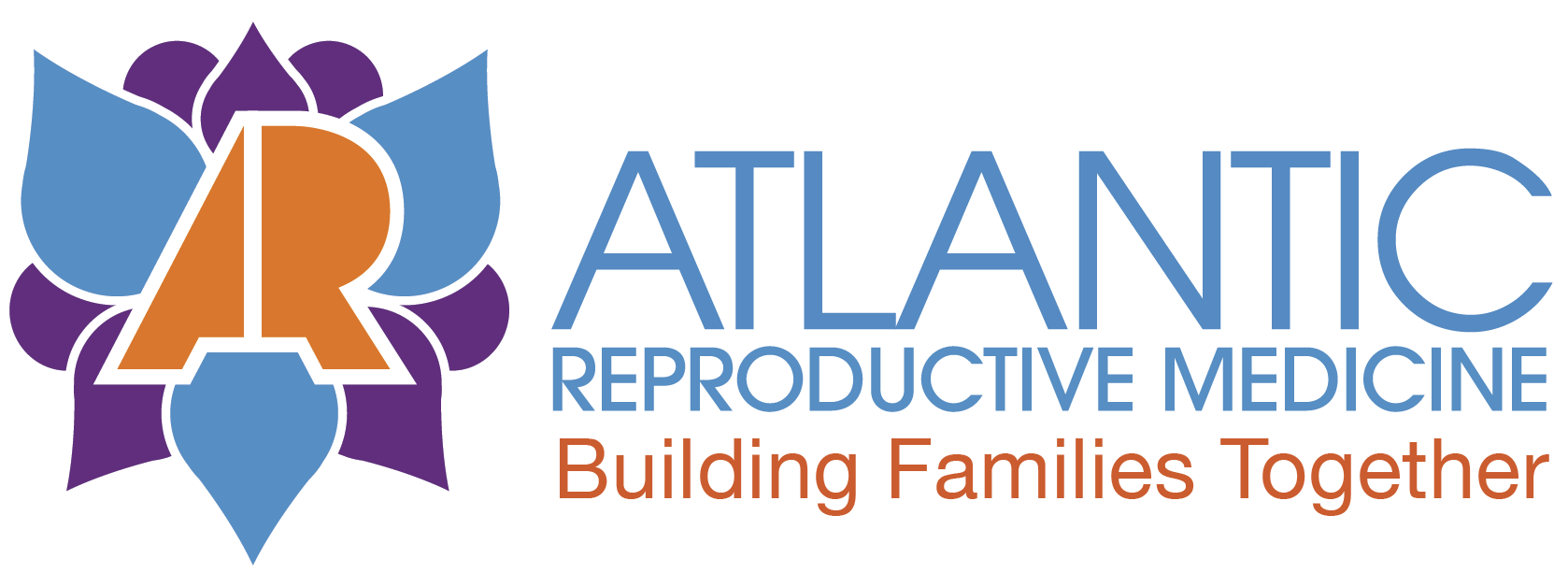Deciding when to have a family is an important personal decision, and more women today are waiting until later in life to begin their families. One consequence of waiting is the normal age-related decline in the number and quality of eggs available in a woman’s ovaries. This decline in fertility with increasing age may cause you to wonder whether you need fertility evaluation and treatment. If declining egg number and quality has affected your fertility, an option such as egg donation may help you to achieve your dream of conceiving a child.
A Finite Number of Eggs
Unlike men, who from puberty will continue to produce sperm throughout their lives, women are born with a set number of eggs. According to the American Society for Reproductive Medicine, women are born with about a million eggs, but by puberty about 300,000 remain.
Only about 1 percent of eggs will be released by ovulation during a woman’s reproductive years. While this may sound like a woman should continue to have many viable eggs, most eggs are lost through a degenerative process called atresia, which happens continuously throughout a woman’s lifespan. Eggs also decline in quality with age, which leads to both a decreased chance of pregnancy and an increased risk of miscarriage.
Fertility with Age
It’s important to determine whether these normal age-related declines in both quality and quantity of eggs will affect your timeline for treatment. To assess the number of eggs remaining in your ovaries and determine how well you’ll respond to fertility treatments, our fertility clinic can evaluate you through ovarian reserve testing, which includes:
- Antimullerian hormone (AMH)
- Follicle stimulating hormone (FSH) and Estradiol blood tests
- Ultrasound for antral follicle count, noting the number of follicles (fluid filled sacs by eggs) in each ovary
These tests enable our reproductive endocrinologists to discuss your ovarian reserve, estimating your ability to respond to and likelihood of success with fertility treatments using your own eggs.
What Age are Women Most Fertile?
A woman’s fertility peaks in her early 20s. This is when the quantity and quality of her eggs are at their highest. Fertility begins to decline around age 30 and drops more significantly after age 35. By age 40, the chances of natural conception are considerably lower.
Egg Donation as an Option
Egg donation is one option you may consider as fertility treatment. During the donation process, an egg donor receives medication, which causes several of her eggs to come to maturity during a single cycle. These eggs are removed from the donor’s ovaries in an outpatient procedure. Eggs can then be frozen for future use or used by a waiting egg recipient in a fresh cycle. When an egg recipient is ready for pregnancy, the eggs are mixed with sperm from either the male partner or a sperm bank. Sperm is placed around or injected into each egg, in a process known as in vitro fertilization (IVF). The resulting embryos are cared for in the IVF laboratory until they are transferred to the uterus of the waiting egg donor recipient.
Age and Egg Donation
Egg Donation Age:
- The best age for egg donation is usually between 20 and 30 years. Donors in this age range are likely to have higher-quality eggs, increasing the chances of successful fertilization and pregnancy.
- Some programs may accept donors up to age 35, but the selection criteria become more stringent to ensure egg quality.
Age Considerations for Donor Egg Recipients:
- Recipients of donated eggs are often older women who face natural age-related fertility challenges.
- Egg donation offers a viable option for women in their 40s or beyond to conceive, using younger, healthier eggs from donors.
Reasons to Consider Egg Donation
There are many reasons to choose egg donation as a treatment for infertility. You may have an insufficient egg supply due to age, chemotherapy or radiation, surgery, or a medical illness. Perhaps you suffer from a genetic condition and would like to prevent transmission of the condition? Or maybe previous IVF attempts haven’t worked for you, because of either poor egg quality or poor embryo quality?
The Chances of Success with Egg Donation
Since age is a major factor in fertility, you may wonder what effect the age of the egg donor recipient will have on the success of egg donation. As it turns out, the uterus is eternally young. While age limits success in women using their own eggs, the age of an egg donor recipient does not limit the chance for success in women working with eggs from a young donor.
